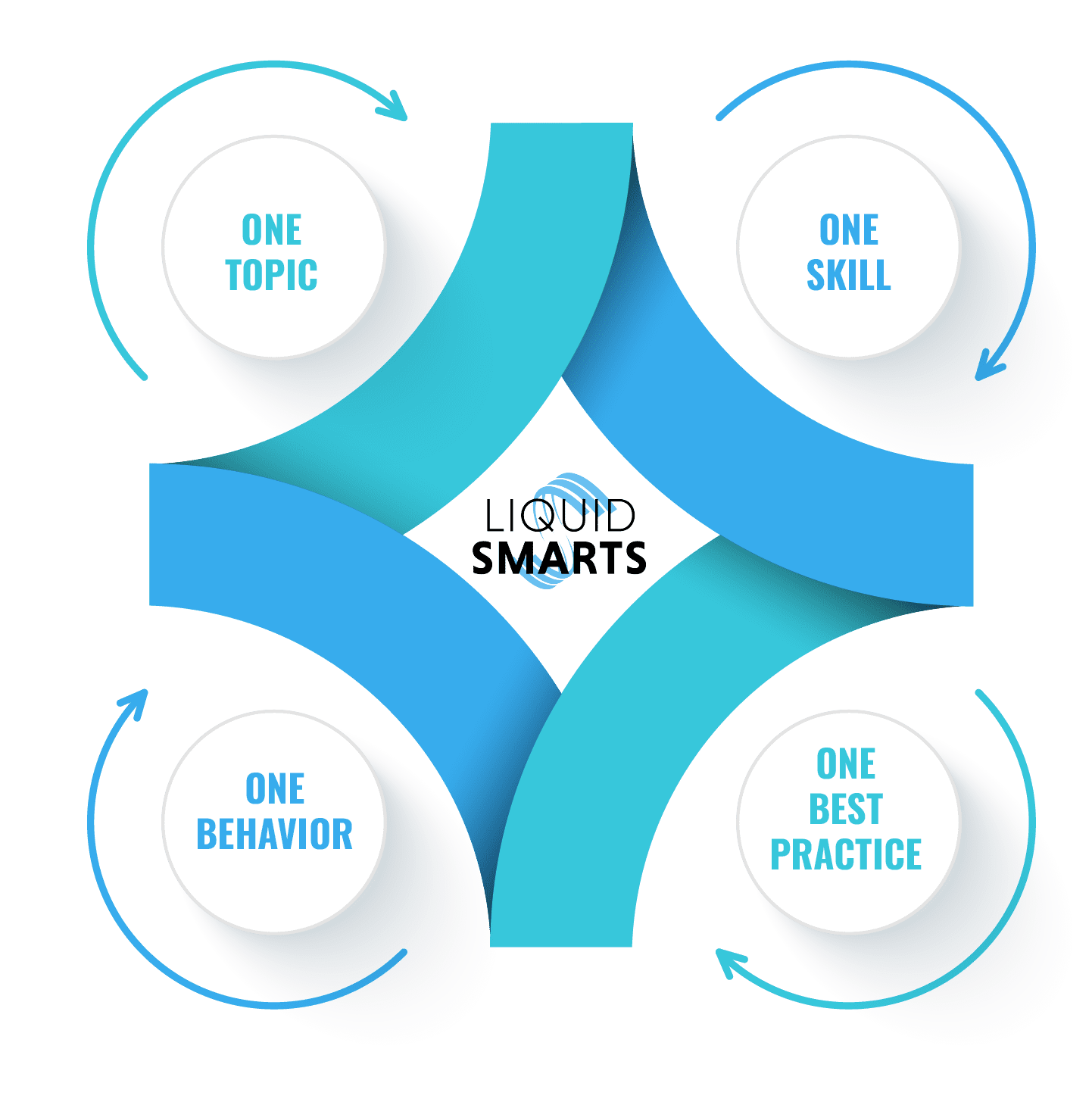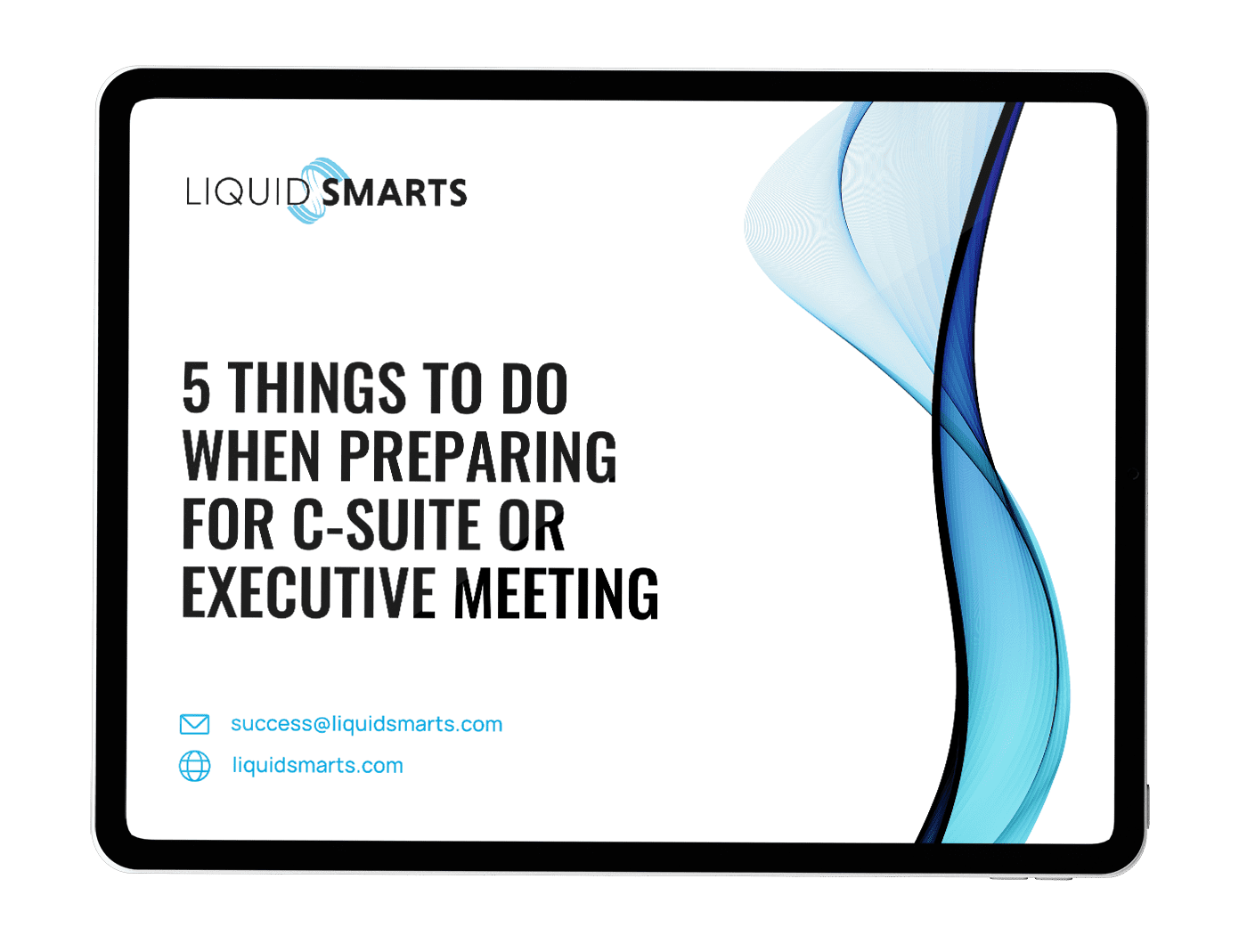You can unleash your team’s true potential by implementing a comprehensive approach to how you structure, enable, and develop your sellers. This guide outlines holistic best practices for managers who want to take their sales organization to the next level in the coming year.
Let’s explore actionable ways to light a fire under your team and supercharge results, from optimizing systems and technologies to strengthening coaching methods and defining clear strategy.
1. The Anatomy of a Successful Sales Team
Understanding the Role of a Sales Team
The role of a sales team in an organization is to drive revenue. The team is responsible for converting leads into loyal customers. Sales representatives need to possess a blend of technical knowledge and creativity to close a deal.
Understanding the critical role that your sales team plays in your organization’s success is the first step towards optimizing their performance. Recognizing their importance will help you make informed decisions about hiring, training, and managing your sales team.
Elements of a Successful Sales Team
A successful sales team is more than just a group of individuals with exceptional selling skills. Key elements of a successful sales team include:
- Diverse Skill Set: A mix of different skills and personalities can bring various perspectives to the team and improve its overall performance.
- Team Collaboration: Efficient teams work together towards a common goal, leveraging each other’s strengths and compensating for weaknesses.
- Ongoing Training and Development: Continuous learning and development is vital to keep up with the evolving market trends and customer needs.
- Strong Leadership: A dedicated and inspiring leader can drive the team towards achieving their goals effectively.
- Defined Sales Process: A clear and understood sales process ensures that all team members are on the same page, working efficiently and cohesively.
2. Building a High-Performing Sales Team
Hiring the Right People
Building a high-performing sales team begins with hiring the right people. Look for candidates with high emotional intelligence, a can-do attitude, and a deep love for collaboration. While experience is important, the willingness to learn and adapt is equally critical for success in sales.
Implementing a Structured Onboarding Process
A structured onboarding process is crucial once you’ve hired the right people. During the onboarding phase, new hires should be introduced to the company’s culture, sales process, and tools. This initial training sets the stage for their future success.
Providing Continuous Training and Development
Continuous training and development are key to maintaining a high-performing sales team. Regular training sessions keep your team updated on the latest sales techniques and market trends and help them sharpen their skills.
3. Empowering Your Sales Team with the Right Tools
Modern sales tools can greatly enhance the efficiency and effectiveness of your sales team. From automating time-consuming administrative tasks to providing valuable insights into customer behavior, these tools empower your team to perform at their best.
Sales-Friendly CRM Systems
A sales-friendly Customer Relationship Management (CRM) system can help your sales team stay organized and focused. CRMs offer lead prioritization, automatic reminders, and lead nurturing features, which can significantly improve your team’s productivity.
Sales Enablement Tools
Sales enablement tools give your team the resources they need to engage customers successfully. These tools can include content management systems, training programs, and sales playbooks.
Communication and Collaboration Tools
In today’s digital era, remote access to vital customer and sales information is crucial. Tools that facilitate instant communication and collaboration can greatly enhance the efficiency of your sales team.
4. Streamlining the Sales Process
A clearly defined sales process can significantly enhance your team’s efficiency and effectiveness. From prospecting to closing a deal, all team members should understand each stage of the sales process.
Understanding the Buyer’s Journey
Understanding the buyer’s journey is crucial for a successful sales process. Your team should be able to provide useful content and guide potential customers from the awareness stage through the consideration stage and finally to the decision stage.
Scoring and Prioritizing Leads
Scoring leads based on their behavior can help your team focus on the most promising prospects. Leads showing more interest should be scored higher and prioritized for nurturing.
Automating Time-Consuming Admin Work
Time-consuming and repetitive administrative work can be automated to free up your sales team’s time for more important tasks. Automation tools can help with data entry, sending repetitive emails, logging visits, and updating calendars.
5. Setting Goals and Tracking Performance
Setting clear performance standards and goals can give your sales team a sense of direction and motivate them to achieve their targets.
Setting Daily Goals
Daily goals can bring your team one step closer to their eventual targets. These goals give your team a sense of direction and motivation to perform their tasks diligently daily.
Tracking Sales Activities
Keeping track of your sales activities can provide valuable insights into your team’s performance. Key Performance Indicators (KPIs) such as conversion rate and average sales per hour can help you gauge the effectiveness of your sales processes.
6. Fostering a Positive Sales Culture
A positive sales culture can significantly boost the morale and performance of your sales team. This involves creating an environment that promotes teamwork, encourages learning, and recognizes success.
Encouraging Learning
Continuous learning should be a priority in your sales culture. This could involve providing opportunities for professional development, organizing workshops, or sponsoring courses.
Rewarding Success
Recognizing and rewarding success is a powerful way to motivate your sales team. Rewards can range from monetary bonuses to non-monetary incentives such as recognition, awards, or paid leaves.
7. Communicating Effectively with Your Sales Team
Effective communication is key to a successful sales team. Whether it’s providing feedback, explaining new tools, or discussing performance reports, clear and open communication fosters trust and collaboration within the team.
8. Taking Care of Existing Customers
While focusing on acquiring new customers, it’s important not to overlook your existing customers. High-potential customers should be protected during relationship changes, and stagnant sales can be reignited by providing new opportunities or perspectives.
9. Aligning with Other Departments
Your sales team’s success depends not just on their efforts but also on the alignment with other departments such as marketing, customer success, and operations. Cross-functional collaboration ensures that your sales team has the support they need to succeed.
10. Continually Adapting and Improving
The world of sales is constantly evolving. Your sales team needs to be adaptable and open to change to keep up. This involves continually reviewing and improving your sales processes, tools, and strategies.
Supercharge Your Sales Team with LiquidSMARTS
Building and managing a successful sales team requires dedication, strategy, and innovation.
By understanding the role of a sales team and the key elements of success, we can build a high-performing team through careful hiring, structured onboarding processes, and continuous training and development.
Empowering our sales teams with the right tools, such as a sales-friendly CRM system, sales enablement tools, and effective communication platforms, can streamline the sales process and ensure our team is equipped for success.
Setting goals, tracking performance, fostering a positive culture, effective communication with your team, taking care of existing customers, aligning with other departments, and continually adapting and improving are all essential for unleashing the full potential of your sales team.
At LiquidSMARTS, we are dedicated to helping businesses supercharge their sales teams to unleash each member’s full potential. Are you ready to take action? Contact us today.







